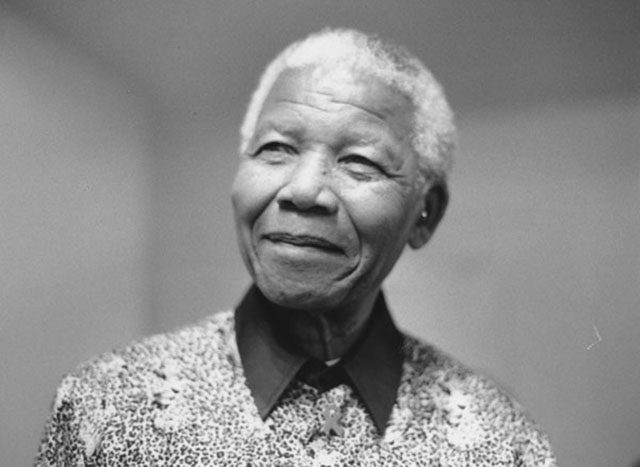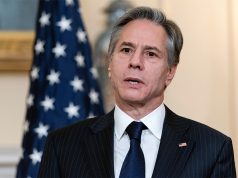July 18, 2018 marks the 100th birth anniversary of the late Nelson Mandela, once the leading voice against the apartheid in South Africa and also its president.
Remembered for both his leadership and his fight against colonially-backed racism, Mandela’s legacy lives in words still upheld by leaders and organizations around the world.
Mandela at 100
Sen. Bam Aquino was is among the Filipino government officials to acknowledge the late Mandela’s 100th birth anniversary.
“May your choices reflect your hopes, not your fears.” – Nelson Mandela #Mandela100
— Bam Aquino (@bamaquino) July 18, 2018
One visual artist has also posted artwork of Nelson Mandela made out of tea leaves to celebrate the leader’s birth anniversary.
Today is @NelsonMandela ‘s 100th Birthday!
Tea Portrait by Mabel#NelsonMandela #NelsonMandela100 #BeTheLegacy #MandelaLecture pic.twitter.com/k9uDpqcXgr
— Mabel (@ArtsyBits) July 18, 2018
A member of a monarchic family from the Xhosa ethnic group, Mandela was given the privilege to study law and attend university in Johannesburg, the capital of South Africa.
His exposure to the inequality and prejudice brought about by the white-dominated government while in Johannesburg pushed Mandela to join several dissident groups that fought for the rights of the native population.
In 1943, Mandela became part of the African National Congress. As his involvement in the anti-apartheid movement deepened, Mandela was charged with various offenses but managed to elude imprisonment. He was only successfully prosecuted in 1962 during the much-publicized Rivonia trial.
Sentenced to life imprisonment for conspiring to overthrow the government, Mandela remained vocal about his opposition to the apartheid while behind bars and was considered the symbolic leader of the anti-apartheid movement.
The 1980s saw the growth of the “Free Nelson Mandela” campaign and the white-dominated government shifting towards a more lenient policy towards black-led movements.
Mandela in 1990 was finally released at the age of 72, having served 27 years of jail time. He was later invited to work with then-president F.W de Klerk toward ending the apartheid. Mandela and De Klerk won a joint Nobel Peace Prize for negotiating the end of the apartheid.
Mandela’s dream was realized in 1994 when the ANC won in the first multiracial parliamentary election held in South Africa. He was subsequently chosen to be the country’s president, making Mandela its first black president.
The social reforms introduced by Mandela are regarded to have laid the foundation for a more equitable and progressive South Africa. He was awarded at least 250 honors from different organizations and governments around the country throughout his later life.
Mandela passed away on December 5, 2013 after succumbing to lung cancer.
The Philippines’ connection to Mandela goes beyond an appreciation for his best quotes. He was awarded an honorary doctorate by the University of the Philippines during his 1997 visit to Manila.
Activist and former Bayan Muna representative Satur Ocampo wrote about his experience during the Mandela’s 1997 visit, admitting to being awestruck during a brief conversation with the South African leader.










